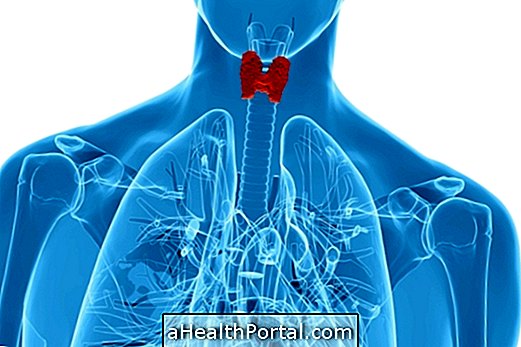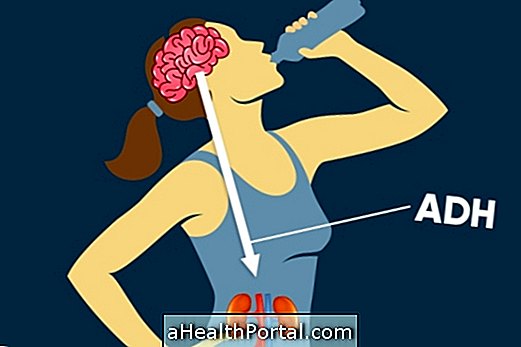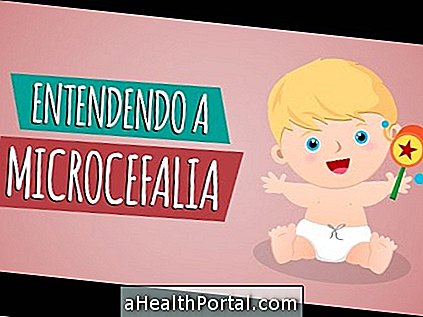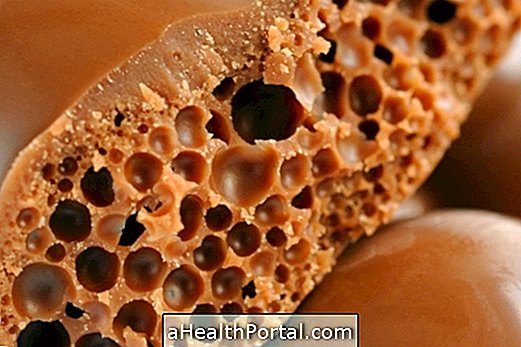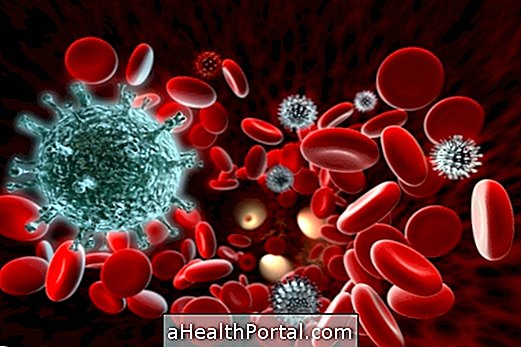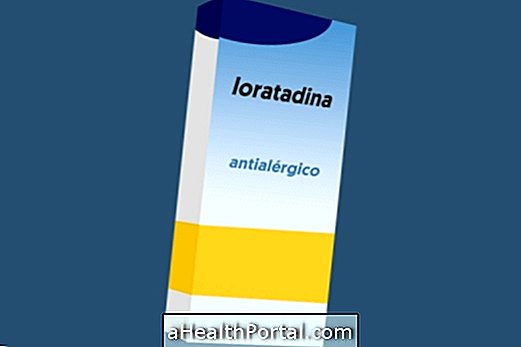Congenital hypothyroidism occurs when the baby's thyroid is not able to produce the right amounts of thyroid hormones, which can compromise its development and even cause permanent neurological damage, called cretinism, if the child is not properly treated.
Congenital hypothyroidism has no cure, but if the diagnosis and treatment are made as early as possible, the child has normal growth and development. When treatment is not performed the child may develop severe mental retardation.
Symptoms of congenital hypothyroidism
Symptoms of congenital hypothyroidism include:
- Skin and yellow eyes;
- Hypotonia: very flaccid muscles;
- Increased tongue volume;
- Umbilical hernia;
- Impaired bone development;
- Difficulty in feeding.
Although there are symptoms, only about 10% of babies with congenital hypothyroidism have them.
Causes of congenital hypothyroidism
The causes of congenital hypothyroidism can be:
- Non-formation of the thyroid gland;
- Formation at irregular site of thyroid gland;
- Incomplete thyroid formation;
- Defects in the formation of thyroid hormones;
- Lesions in the pituitary or hypothalamus, which are two glands in the brain responsible for the production and regulation of hormones.
Generally, congenital hypothyroidism is permanent, however, transient congenital hypothyroidism may occur, which may be caused by:
- Insufficiency or excess of iodine in the mother or newborn;
- Passage through the placenta of antithyroid drugs.
Transient congenital hypothyroidism also requires treatment, but it is usually suspended at age 3 for tests that will better define the type and cause of the disease.
Diagnosis of congenital hypothyroidism
The diagnosis of congenital hypothyroidism can be made through the test of the foot from the 3rd day of life, usually in the maternity or hospital where the baby was born, by collecting a few drops of blood from the baby's heel.
If the foot test indicates congenital hypothyroidism, the T4 and TSH hormones should be titrated through a blood test. Other imaging tests, such as ultrasonography, magnetic resonance imaging, and thyroid scintigraphy may also be used for diagnosis.
Treatment for congenital hypothyroidism
Treatment for congenital hypothyroidism consists of replacing thyroid hormones throughout their lives by oral administration of a medicine, levothyroxine sodium, which can be dissolved in a small amount of baby's water or milk.
When diagnosis and treatment are made late, the consequences of congenital hypothyroidism, such as mental retardation and growth retardation, may occur.
Learn more about Treatment for Hypothyroidism and watch the video below to eat to improve thyroid function:



